AI Wars: Navigating the Humanity-Shattering Event

Artificial Intelligence (AI) has been making waves in recent years, with technology rapidly advancing and infiltrating various industries. It's no surprise that AI wars are creating a lot of hype, as businesses and individuals alike try to figure out how to navigate this rapidly-evolving landscape.
From executive directors to entry-level employees, everyone is feeling the impact of this humanity-shattering event. The decisions we make today will shape the future of our brands and careers.
To gain a better understanding of where we're headed, let's take a look at some key events from the past that point to the future.
The Birth of AI
The concept of AI has been around since the 1950s, but it wasn't until the 21st century that the technology really started to take off. With advancements in machine learning and deep learning, AI became more capable of performing complex tasks and making decisions without human intervention.
As AI continued to progress, it began to infiltrate various industries, from healthcare to finance to retail. Businesses started using AI to automate processes, analyze data, and make predictions, leading to increased efficiency and profitability.
The internet started with the same fanfare and adoption rate AI is currently experiencing. The internet spawned a technology boom that fueled businesses worldwide.
The AI Arms Race
As technology advanced, companies began competing to incorporate more powerful AI algorithms into their products and services. This competition sparked what is known as an “AI arms race.
The internet started many wars that may not be publicly known. Companies like IBM, Hewlett-Packard and Sun Microsystems began a battle for the internet.
AI Wars Begin
As AI became more prevalent, companies started to compete for dominance in the field. Tech giants like Google, Microsoft, and Amazon invested heavily in AI research and development, creating advanced systems that could outperform their competitors.
This led to what we now call the AI Wars, where companies are vying for control over the technology and its applications. The stakes are high, as the winners of this battle will likely dominate their respective industries for years to come.
Companies began to invest in the internet creating what is known as the internet bubble. They had to work on standards, protocols, and many other specifications.
The Impact on Jobs
One of the biggest concerns surrounding AI is its impact on jobs. As automation becomes more prevalent, many fear that humans will be replaced by machines, leading to mass unemployment and economic instability.
While it's true that some jobs will be automated, AI also has the potential to create new job opportunities. As businesses adopt the technology, they will need skilled workers to manage and maintain it, leading to a demand for AI specialists and data analysts.
The internet created new jobs but cost many jobs. Robotics took over manual labor jobs in the auto industry. Networked computer systems eliminated the need to create positions. Ai is eliminating the creation of jobs.
Navigating the Future
As we move forward, it's clear that AI will play an increasingly important role in our lives and careers. To navigate this rapidly-evolving landscape, it's important to stay informed about the latest advancements and trends.
Businesses should invest in AI research and development to stay competitive, while also considering the ethical implications of the technology. Individuals should focus on developing skills that are in high demand in the business industry.
The AI wars may be creating a lot of hype, but they also represent a significant opportunity for businesses and individuals alike. By embracing technology and staying informed about its potential, we can navigate this humanity-shattering event and emerge stronger than ever before.
Conclusion
AI will create a boom for businesses. It's being adopted everywhere that it is possible. It will become as common as a smartphone. When the technology has been fully adopted and redundancy is seen. There will be a consolidation of processes and the bust will come.
We saw the same thing happen with the internet boom and system consolidation.
ADP is a great example. Companies maintained their own payroll systems. They were outsourced to ADP.

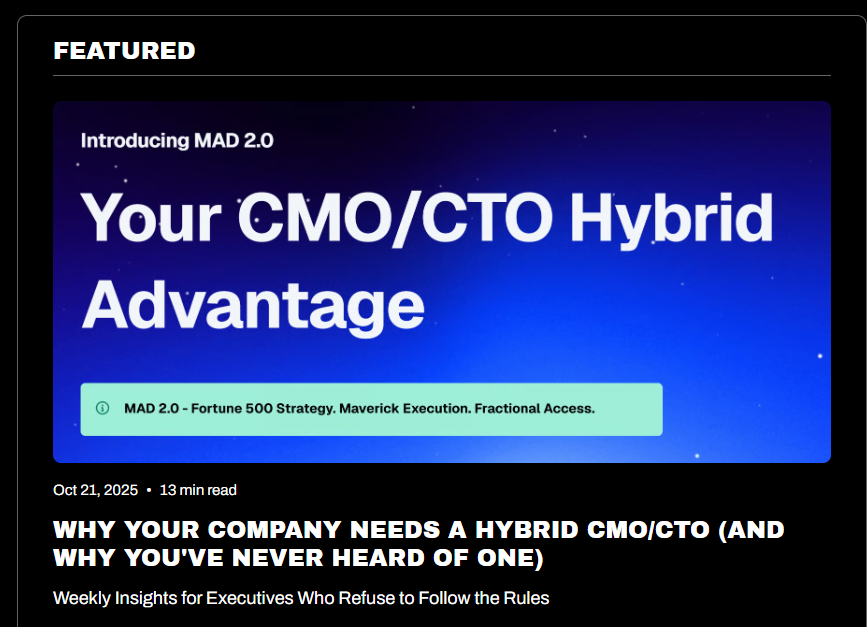




.jpg)



.jpg)


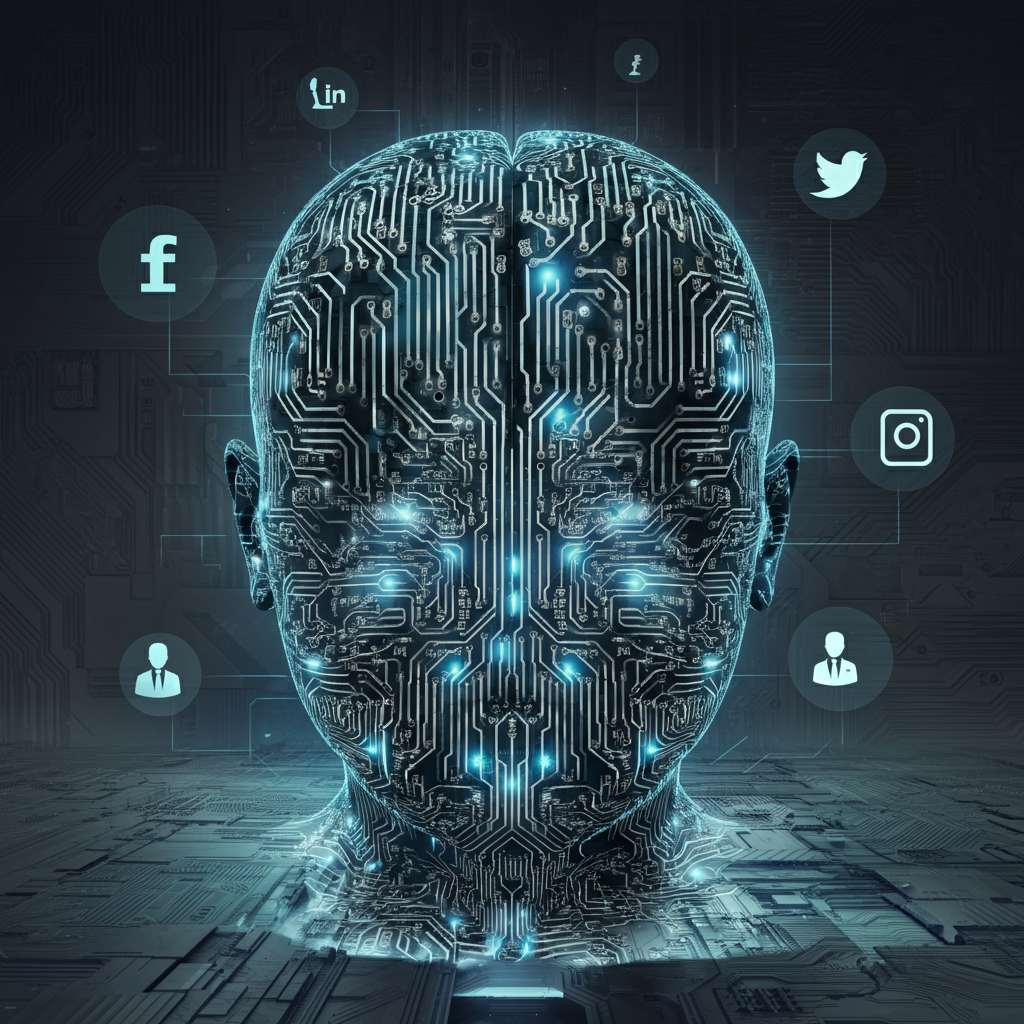
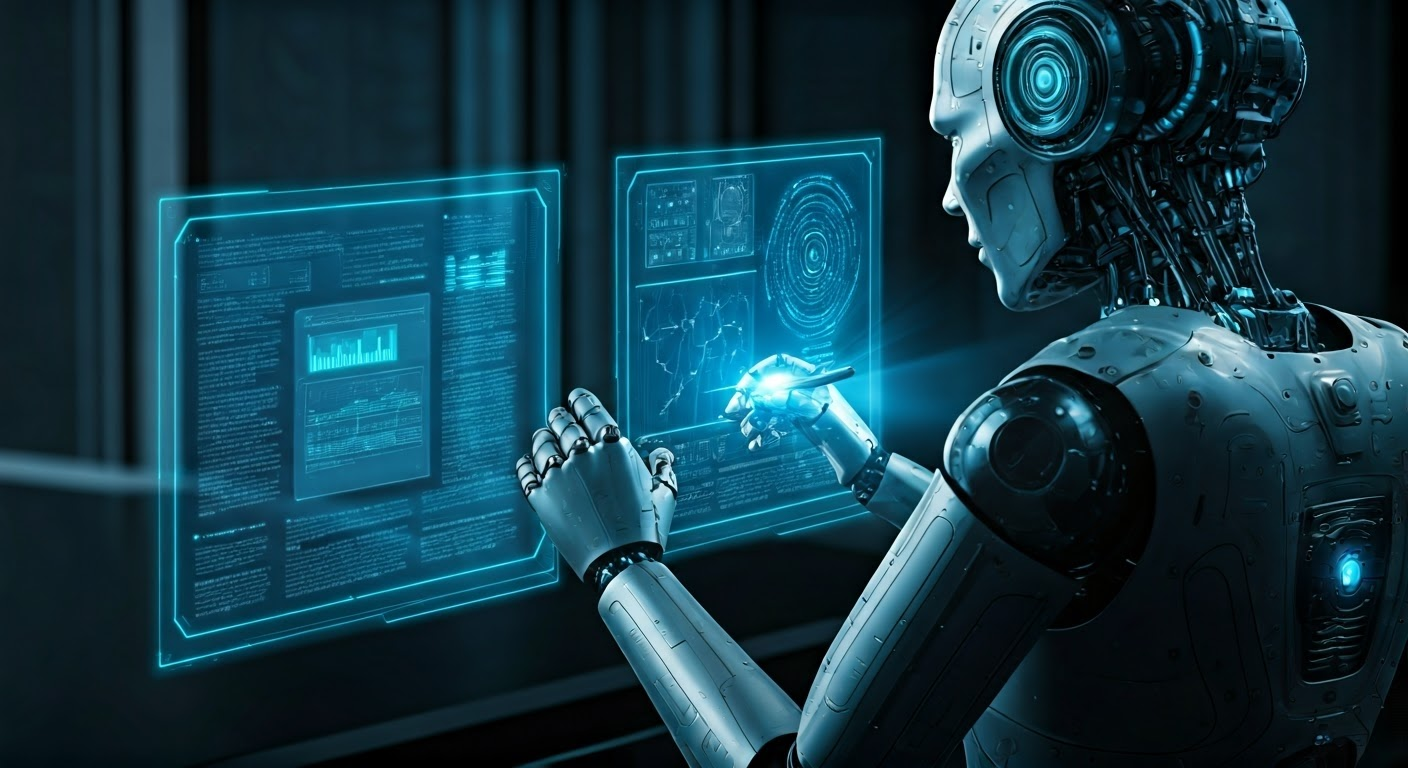








.jpg)


.jpg)
.jpg)

.jpg)


.webp)





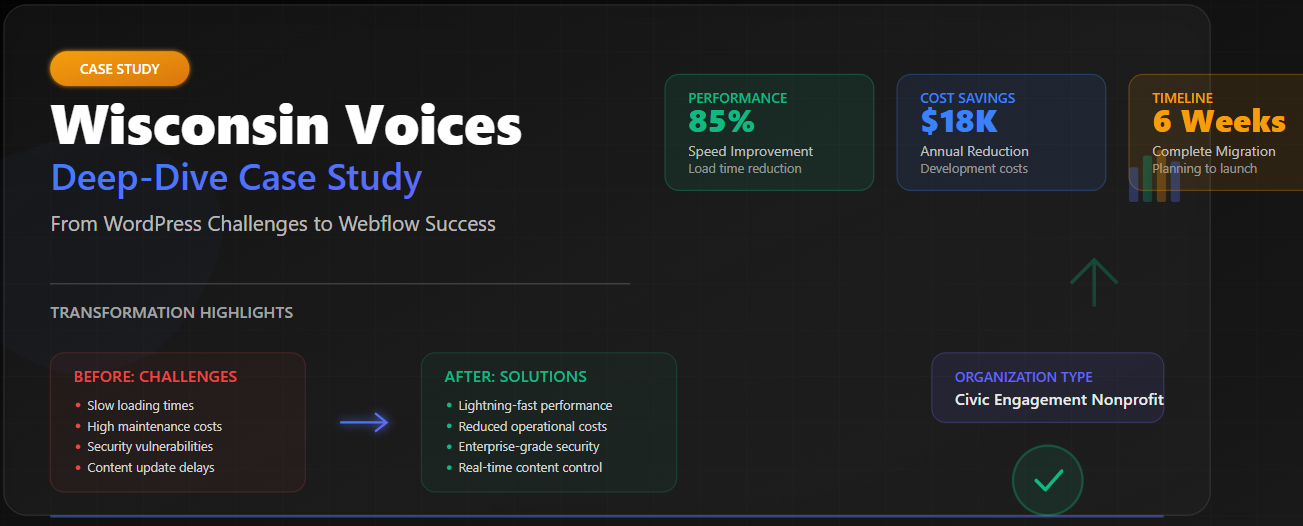
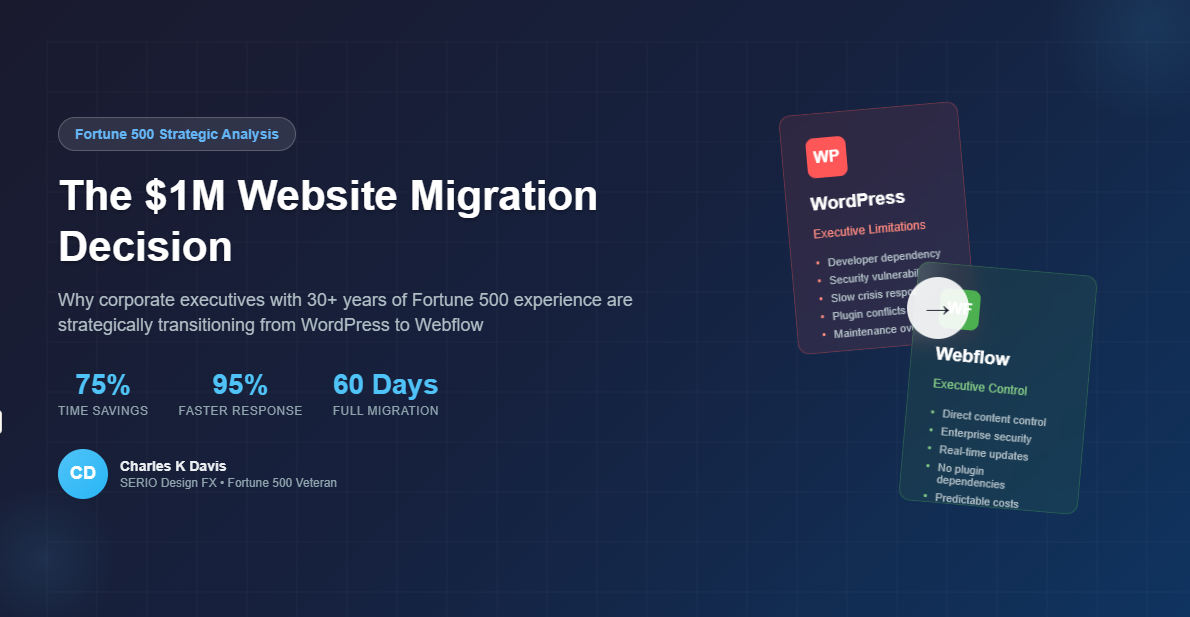
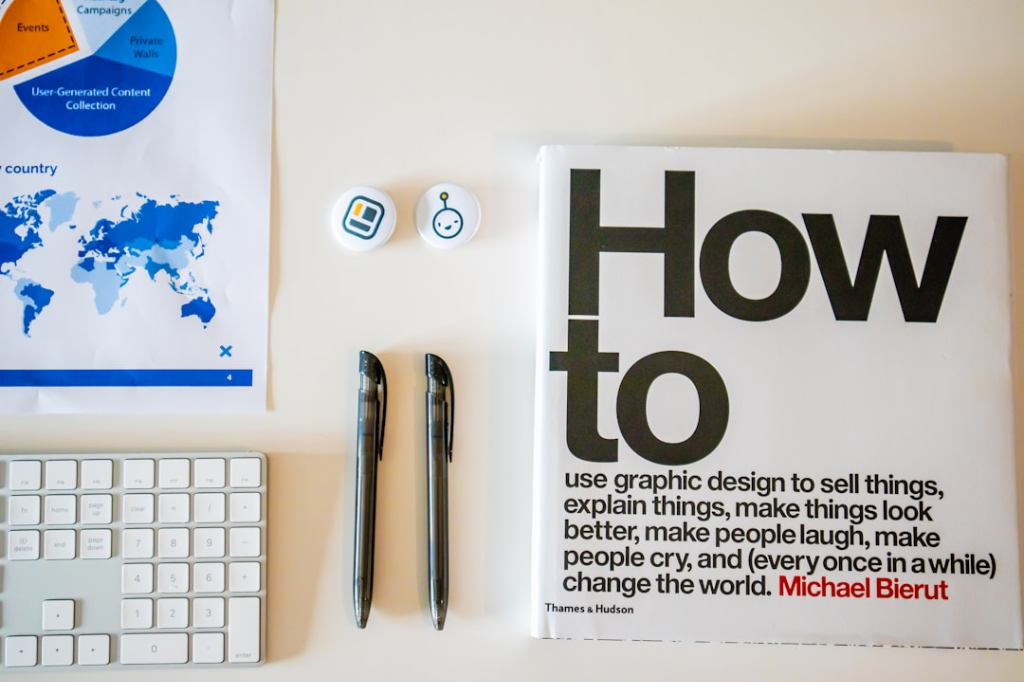











.png)

.png)





.png)





.png)






























